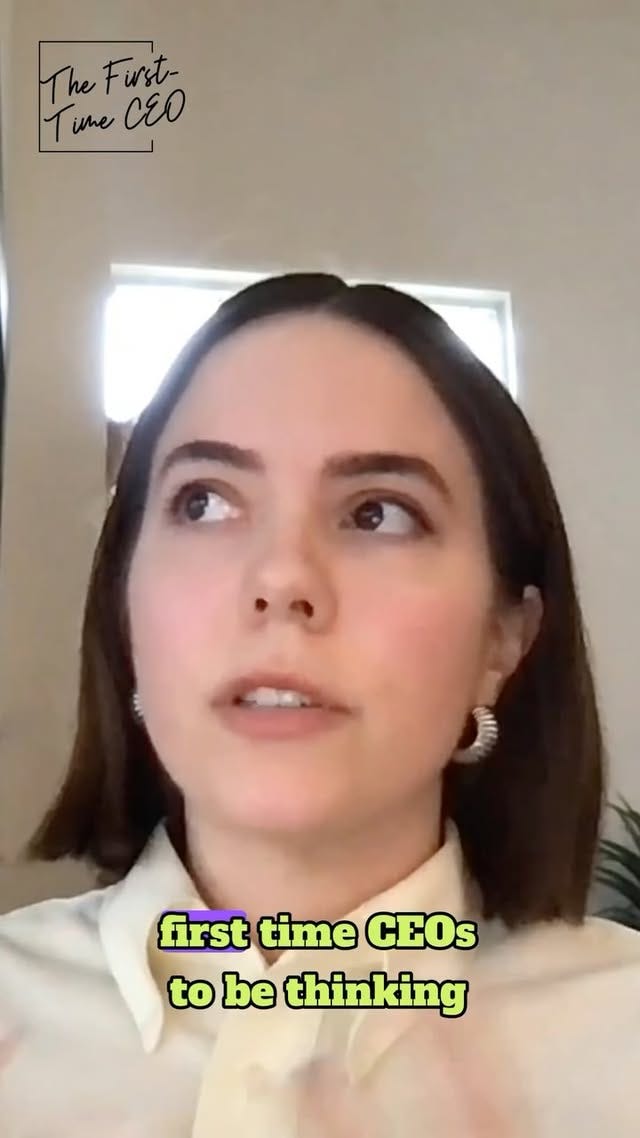Are Words Cheap? Strategy Lessons from Mark Pollard
Exploring research-based mental sharing phenomenon, and when words speak louder.
See how our AI Communications Specialist Manika and Copywriter Leticia helped me create this newsletter. Hire them as a part of Olympia AI team to streamline your operations!"The pen is mightier than the sword." — Edward Bulwer-Lytton.
Actions speak louder than words. I've heard this phrase so many times it hurts. As someone who always wants to understand others deeply, sometimes words speak louder to me. But it's not only personal; it's research-based. In this newsletter, I will explore when talk is more important than actions, why strategy is your words, and what I learned about it at Mark Pollard's masterclass in Mexico City.
Rethinking the Age-Old Maxim
Many argue that actions define character and credibility. The common belief is that words are cheap unless you back them up with tangible results. However, "Words Speak Louder: Conforming to Preferences More Than Actions" research by the University of Chicago Booth School of Business suggests that words can impact behavior more than actions. Tu and Fishbach's studies show that individuals are more inclined to conform to others' preferences—expressed clearly through words—than to mirror observable actions.
In their experiments, when participants were told someone's preference versus witnessing that person's behavior, the stated preference had a stronger influence on their choices. This phenomenon is largely explained by "mental sharing," where people experience or recall similar decisions and experiences.
The idea is not to dismiss actions but to recognize that words—especially when they clearly articulate a preference or a value—can powerfully ignite social conformity and engagement.
The key takeaway from this research is that words, particularly those that convey a preference, can prime others through mental sharing. Doing so helps create a shared psychological space where ideas and values circulate more freely. This phenomenon aligns perfectly with Pollard's emphasis on using clear, authentic language to shape strategy.
Mark Pollard: Words as the Heartbeat of Strategy
Mark Pollard's book Strategy Is Your Words says that the words you choose as a leader are the foundational elements of your strategy. For us first-time CEOs, this perspective is both empowering and transformative. Here's why, according to Pollard:
Clarity Is Actionable: When your language is clear and free from corporate jargon, it transforms abstract ideas into practical roadmaps.
Authenticity Builds Trust: By speaking honestly and authentically, you signal that your strategy is rooted in genuine values.
Consistency Unites: A consistent narrative, spread across all communication channels, unifies your community.
Recently, I attended Mark's STWEATHEAD Strategy Masterclass in Mexico City and learned these things, among others:
Strategy is an informed opinion about how to win;
Top salespeople sell the problem and then sell the solution;
Simplicity is king for strategy (and “strategy is your words“);
Ideas create new meanings, and meanings create new values;
Strategy work is creative work;
Natural content beats the staged one.
In Pollard's view, every email, social media post, or casual conversation is a chance to reinforce your strategy. Words are not cheap; they are the currency of change. When used effectively, they lower barriers between leaders and their communities, creating a fertile ground for engagement and mutual growth.
Aligning Strategy with Personal Experience
Pollard's approach reminds me that strategy isn't crafted solely in the abstract but is validated through everyday communication. As a new CEO, your personal stories and transparent reflections carry immense strategic weight. When I share the challenges I've overcome or the small, consistent steps that define my leadership journey on LinkedIn, I provide real-life examples of how clear words translate into tangible actions.
For example, consider sharing narratives about how your team collaboratively solved a problem or how a customer's feedback led to a significant product improvement. These stories invoke the mental sharing mechanism—encouraging others in the community to share similar experiences, thereby reinforcing the collective wisdom of your network.
Actionable Steps for First-Time CEOs
If you're looking to harness this powerful synergy between words and strategy, consider these actionable steps:
1. Audit Your Current Messaging:
Review every touchpoint—emails, social posts, and internal communications. Identify and eliminate jargon. Replace vague statements with explicit, heartfelt language that clearly conveys your core values.
2. Develop a Messaging Guide:
Craft a document that outlines your brand's key phrases, tone, and strategic vision. Ensure everyone in your organization is aligned with this guide, creating a unified and authentic narrative.
3. Share Your Journey Openly:
Use your own experiences as teaching moments. Whether it's a failure that led to a breakthrough or insights gained from team discussions, let your community in on the process. This transparency builds trust and activates the mental sharing effect.
4. Encourage Community Participation:
Create forums, surveys, or interactive social media posts inviting followers to share their preferences and insights. Use this feedback to refine your strategy continuously.
5. Experiment with Multimedia:
Don't rely solely on written text. Mix in podcasts, short videos, and even live Q&A sessions. These different formats can help your message resonate on multiple levels, further solidifying your strategic narrative.
Take Action: The First-Time CEO Podcast
If you're ready to delve deeper into how authentic communication can drive your business strategy and build a loyal community, tune into my latest podcast episode with Jessie Collier, Founder and CEO of Working Women Agency. Jessie and I discussed:
How she redefined creative recruitment as a solopreneur;
The growing importance of personal branding for creative professionals and businesses
How to leverage social media platforms like TikTok, Instagram, and LinkedIn for career growth and business development
The power of organic growth and genuine connections in building a thriving community
Navigating the changing landscape of the creative industry, including the rise of remote work and the integration of AI
Actionable tips for job seekers, including how to position themselves effectively and stand out in a competitive market, and more.
Listen or watch the episode on:
YOUTUBE | SPOTIFY | APPLE PODCASTS
For more authentic content like this and first-time CEO insights follow me on Linkedin and Instagram, and The First-Time CEO podcast on Spotify, YouTube, and Apple Podcasts.
If you’d like to be my podcast guest, please fill in this form, and I’ll contact you if it's a good fit!



